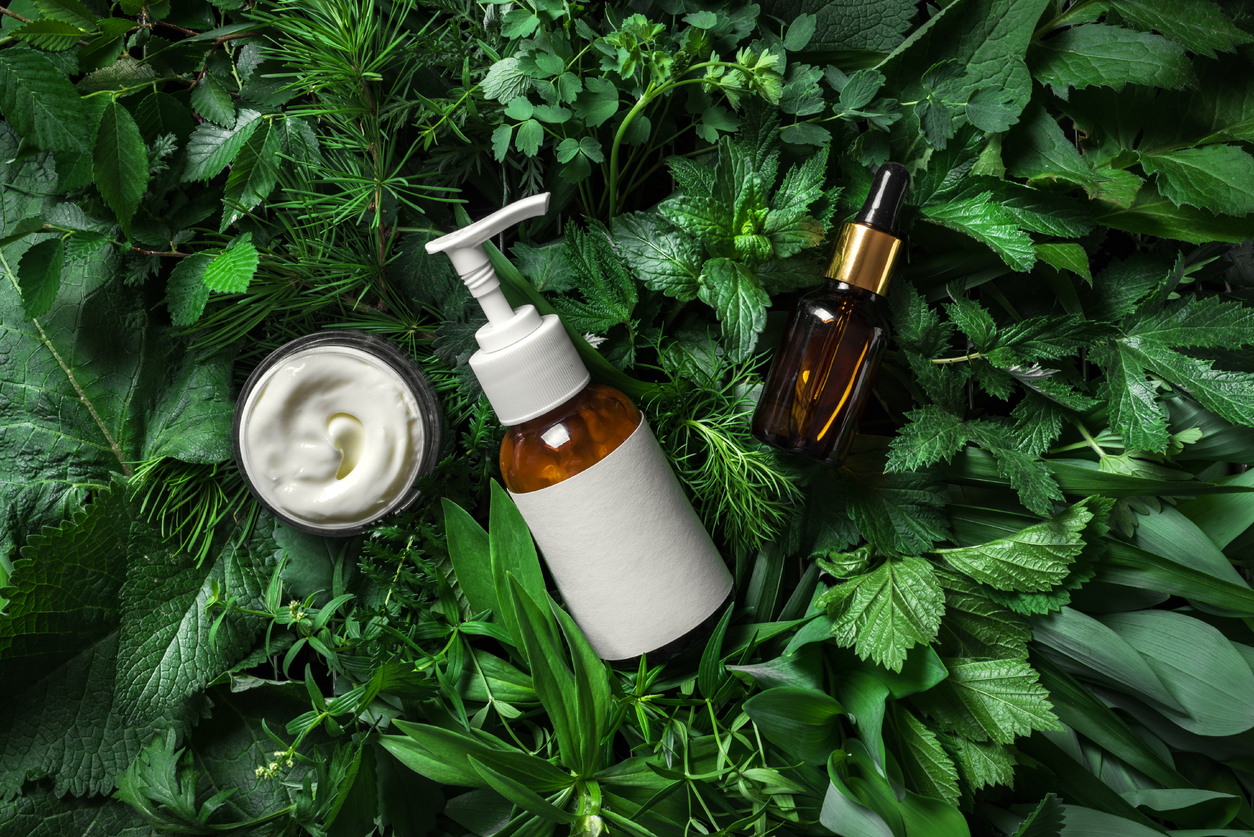
While modern skincare products offer a range of solutions, sometimes the best remedies are found in nature. Natural ingredients have been used for centuries to treat everything from acne to dryness, offering gentle yet effective care without harsh chemicals. If you prefer a simpler, more holistic approach, here’s a complete guide to the best natural remedies for some of the most common skin issues.
1. Acne and Breakouts
Natural remedies:
- Tea Tree Oil:
A natural antibacterial and anti-inflammatory agent that can reduce acne-causing bacteria.
How to use: Dilute a few drops with a carrier oil (like jojoba or coconut oil) and apply directly to blemishes. - Aloe Vera:
Soothes inflammation and promotes healing while providing light hydration.
How to use: Apply pure aloe vera gel from the plant directly onto clean skin. - Honey:
Naturally antibacterial and calming, honey can help heal acne and prevent new breakouts.
How to use: Use raw honey as a spot treatment or a full-face mask.
Pro tip:
Always patch test tea tree oil before using it broadly to avoid irritation.
2. Dry and Flaky Skin
Natural remedies:
- Coconut Oil:
Rich in fatty acids that deeply moisturize dry skin and help restore the skin barrier.
How to use: Apply a thin layer to dry areas after bathing. - Shea Butter:
Contains natural vitamins and fatty acids that nourish and protect dry skin.
How to use: Warm a small amount in your hands and smooth over dry patches. - Oatmeal:
Soothes itching and provides moisture-retaining properties.
How to use: Add colloidal oatmeal to a warm bath or create a paste with water and apply as a mask.
Pro tip:
Stick to unrefined, cold-pressed coconut oil and raw shea butter for the best results.
3. Hyperpigmentation and Dark Spots
Natural remedies:
- Lemon Juice:
Contains natural vitamin C that can lighten pigmentation over time.
How to use: Dilute with water and apply with a cotton ball—but only at night, as lemon can increase sun sensitivity. - Licorice Root Extract:
Naturally brightens and reduces dark spots by inhibiting melanin production.
How to use: Look for serums or creams with licorice extract or create a DIY mask using powdered licorice. - Turmeric:
An anti-inflammatory that also helps even out skin tone.
How to use: Mix turmeric with honey or yogurt to create a brightening mask.
Pro tip:
Always use sunscreen daily when treating hyperpigmentation to prevent spots from darkening.
4. Eczema and Irritated Skin
Natural remedies:
- Colloidal Oatmeal:
Calms itching and inflammation, making it ideal for eczema flares.
How to use: Take soothing oatmeal baths or apply oatmeal-infused creams. - Chamomile:
Known for its soothing and anti-inflammatory properties.
How to use: Apply cooled chamomile tea compresses to irritated areas. - Coconut Oil:
Provides a protective barrier while moisturizing and reducing redness.
How to use: Apply lightly to damp skin to lock in moisture.
Pro tip:
Patch test even gentle remedies, as eczema-prone skin can react unexpectedly.
5. Oily Skin and Large Pores
Natural remedies:
- Witch Hazel:
A natural astringent that controls oil production and tightens pores.
How to use: Dab witch hazel onto oily areas with a cotton pad after cleansing. - Green Tea:
Contains antioxidants that regulate oil and calm inflammation.
How to use: Use cooled green tea as a toner or mix green tea powder (matcha) with honey for a purifying mask. - Apple Cider Vinegar:
Balances the skin’s pH and minimizes pores.
How to use: Dilute 1 part vinegar to 3 parts water and use as a toner.
Pro tip:
Dilution is key with apple cider vinegar—never apply it full-strength to the skin.
6. Fine Lines and Wrinkles
Natural remedies:
- Rosehip Seed Oil:
Rich in vitamins A and C, which promote collagen production and improve skin texture.
How to use: Apply a few drops at night after cleansing. - Aloe Vera:
Helps hydrate and improve skin elasticity.
How to use: Use fresh aloe vera gel as a nightly moisturizer. - Pomegranate Extract:
An antioxidant powerhouse that boosts skin repair and elasticity.
How to use: Look for serums with pomegranate extract or use pomegranate seed oil.
Pro tip:
Consistency is crucial; natural remedies often require weeks of regular use to show noticeable results.
General Tips for Using Natural Remedies Safely
- Patch test everything: Even natural ingredients can cause allergies or irritation.
- Use fresh ingredients: Fresh aloe, oats, and oils deliver better results than old or contaminated products.
- Store properly: Keep oils and DIY treatments in cool, dark places to maintain potency.
- Stay sun-protected: Some natural treatments (like lemon juice) can make skin more sensitive to UV damage.
Nature offers a rich array of effective remedies for many common skin issues, from acne to dryness to signs of aging. Whether you create your own masks at home or look for skincare products featuring these natural ingredients, treating your skin with gentle, proven remedies can lead to healthier, happier skin over time. Remember, patience and consistency are key—give your skin time to respond, and always listen to what it needs!







